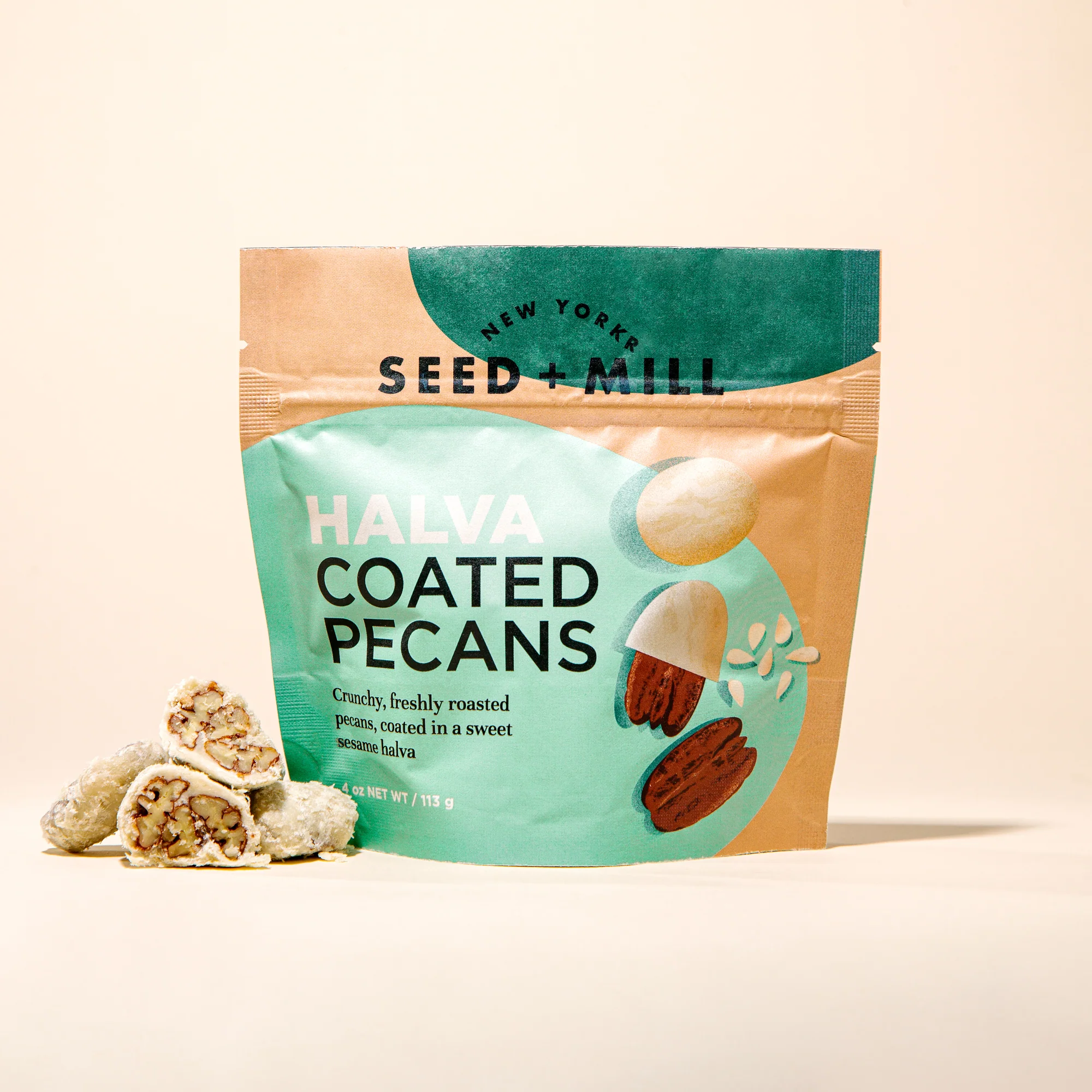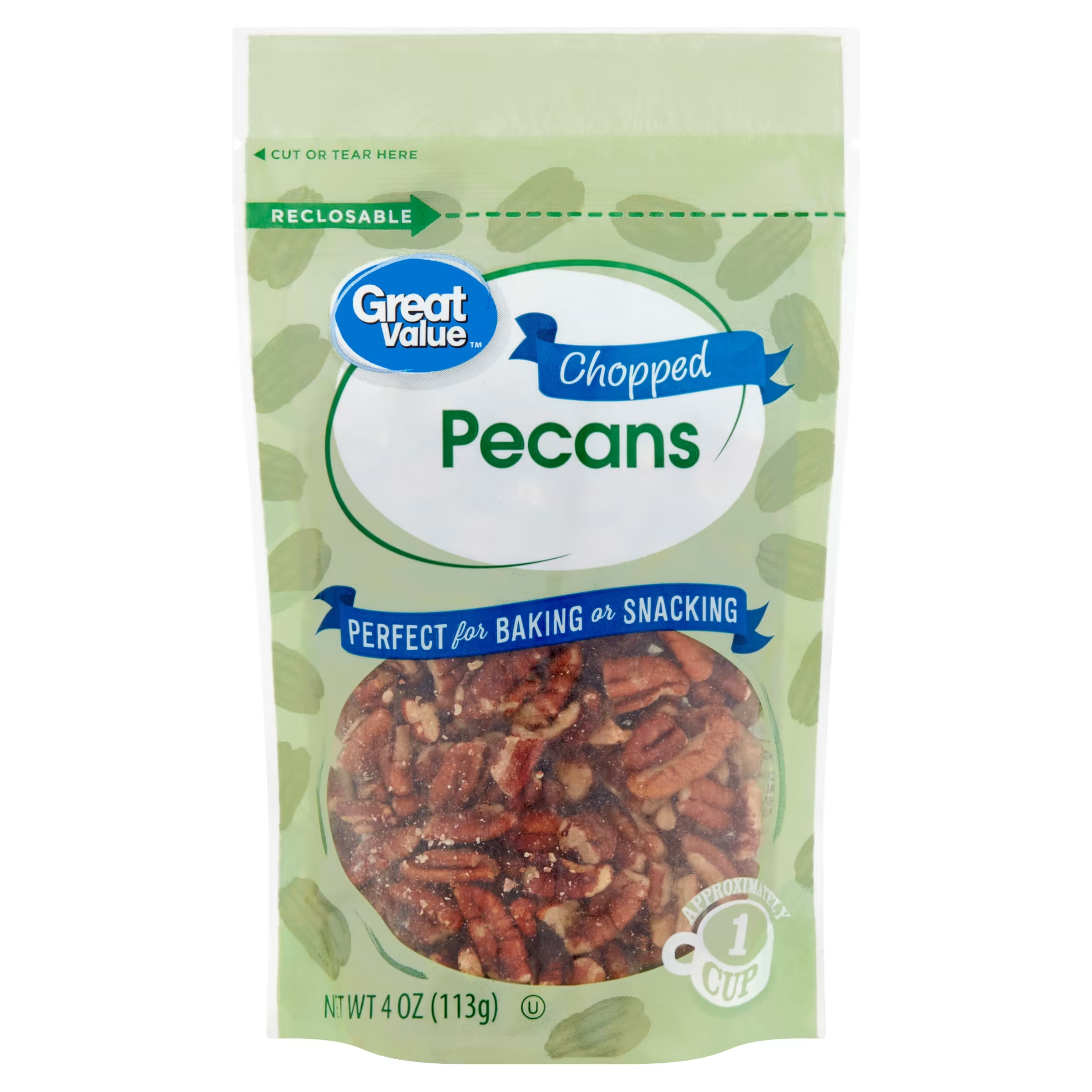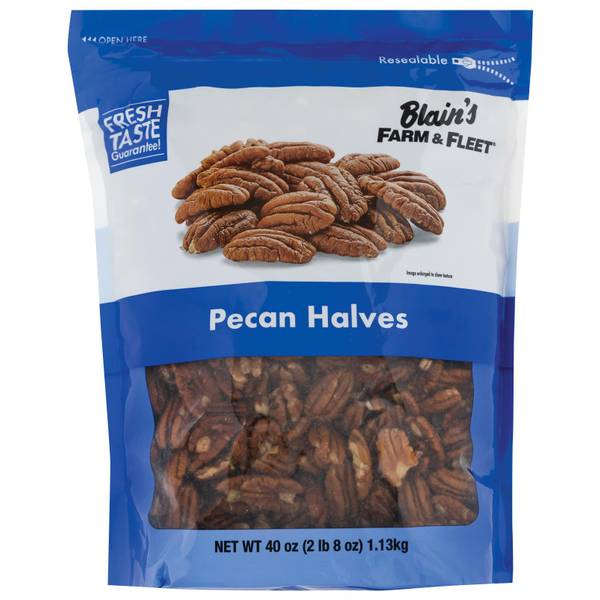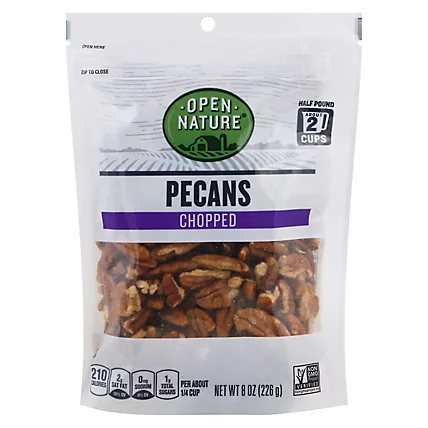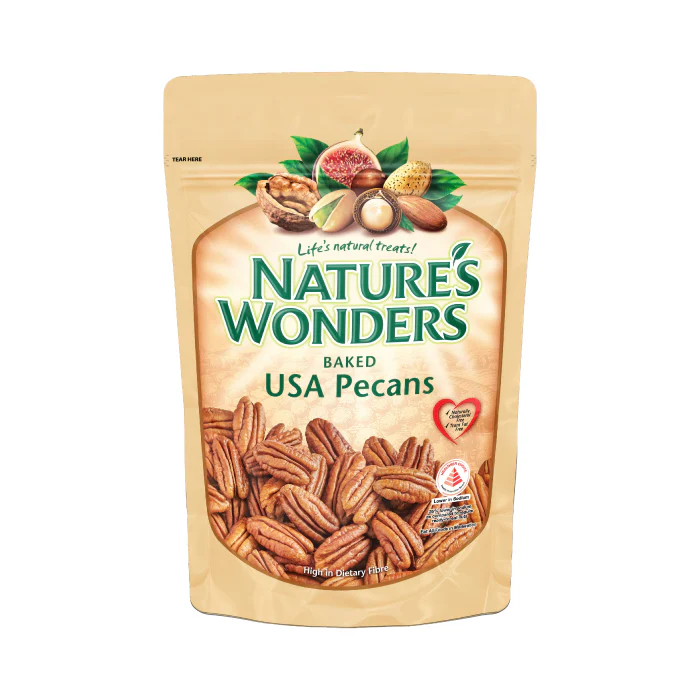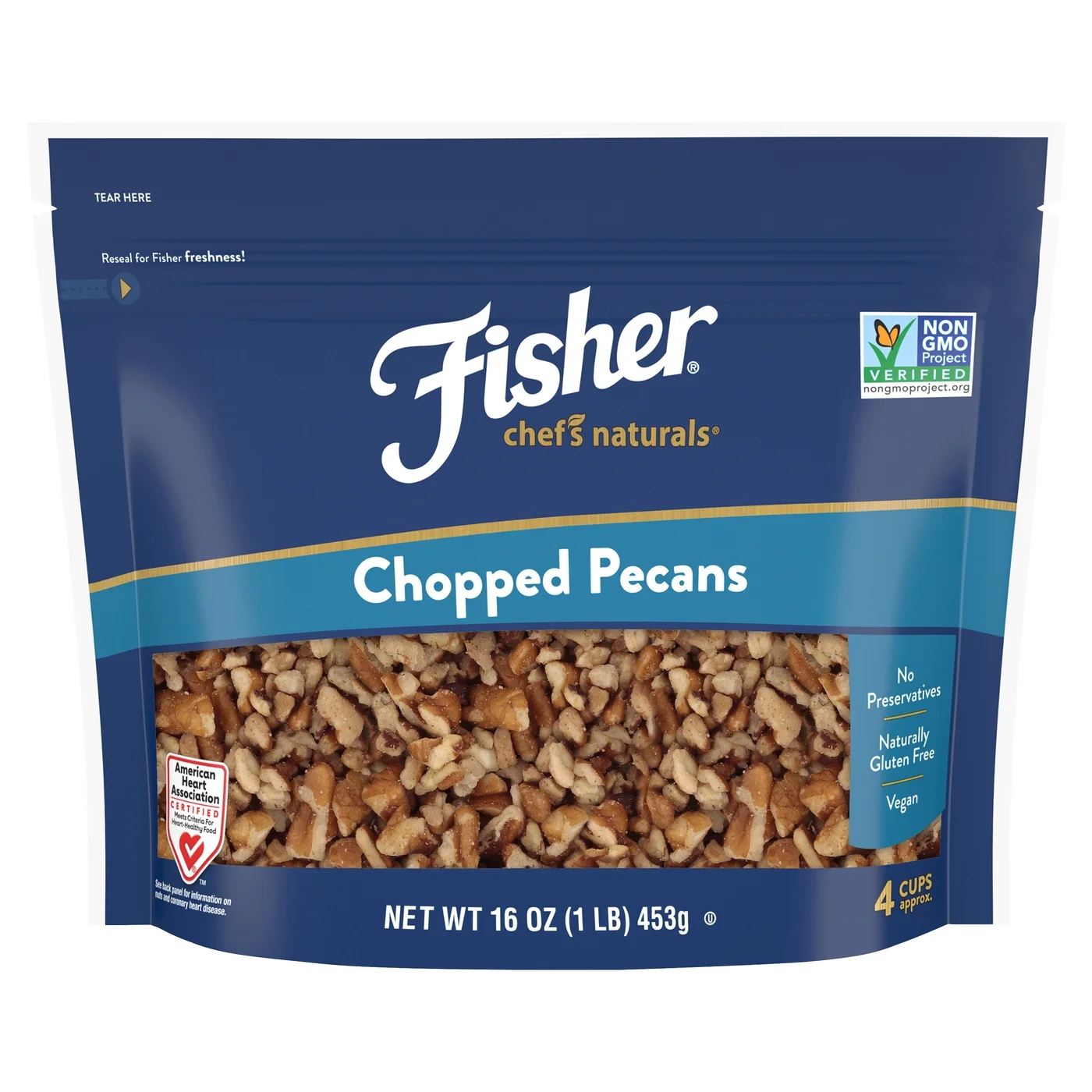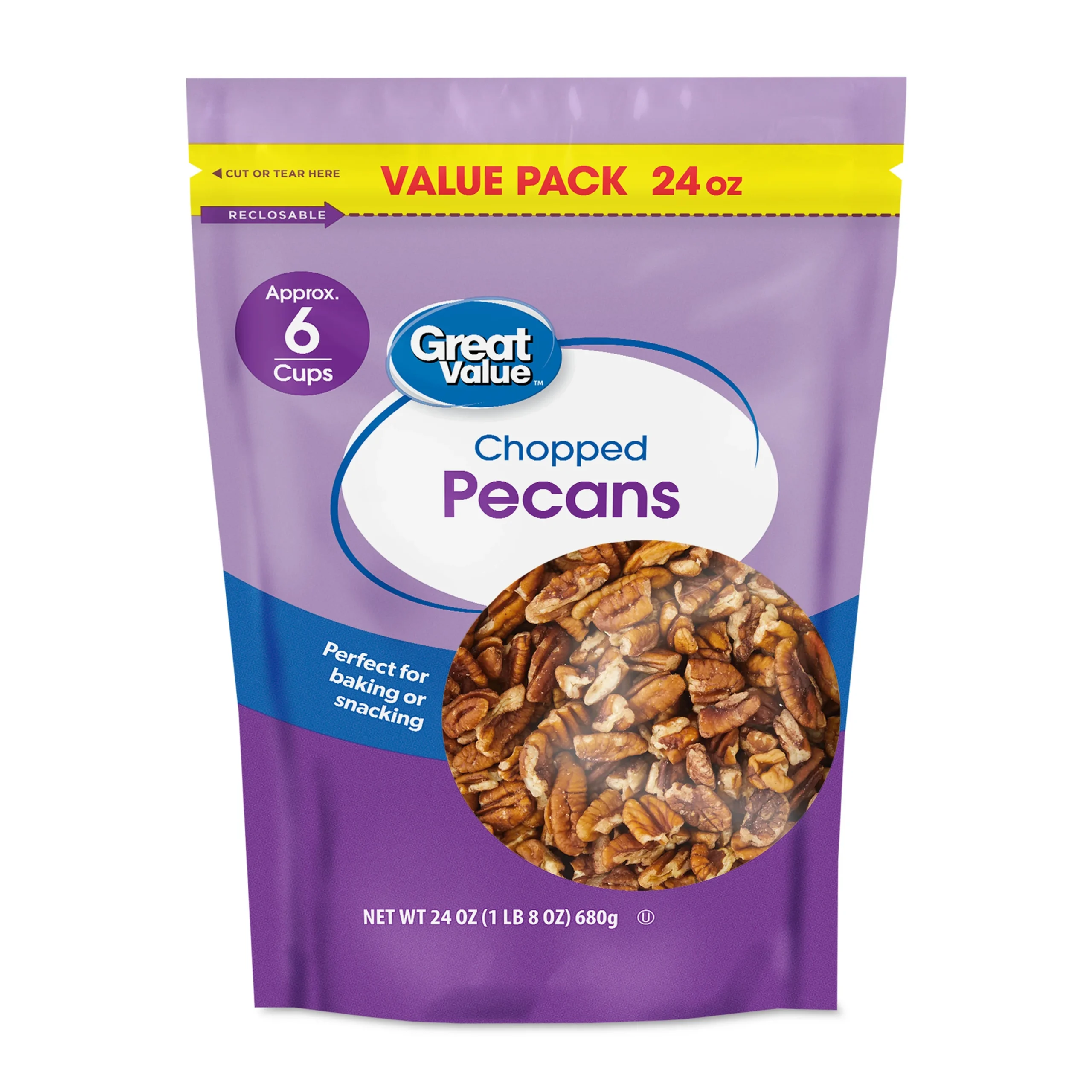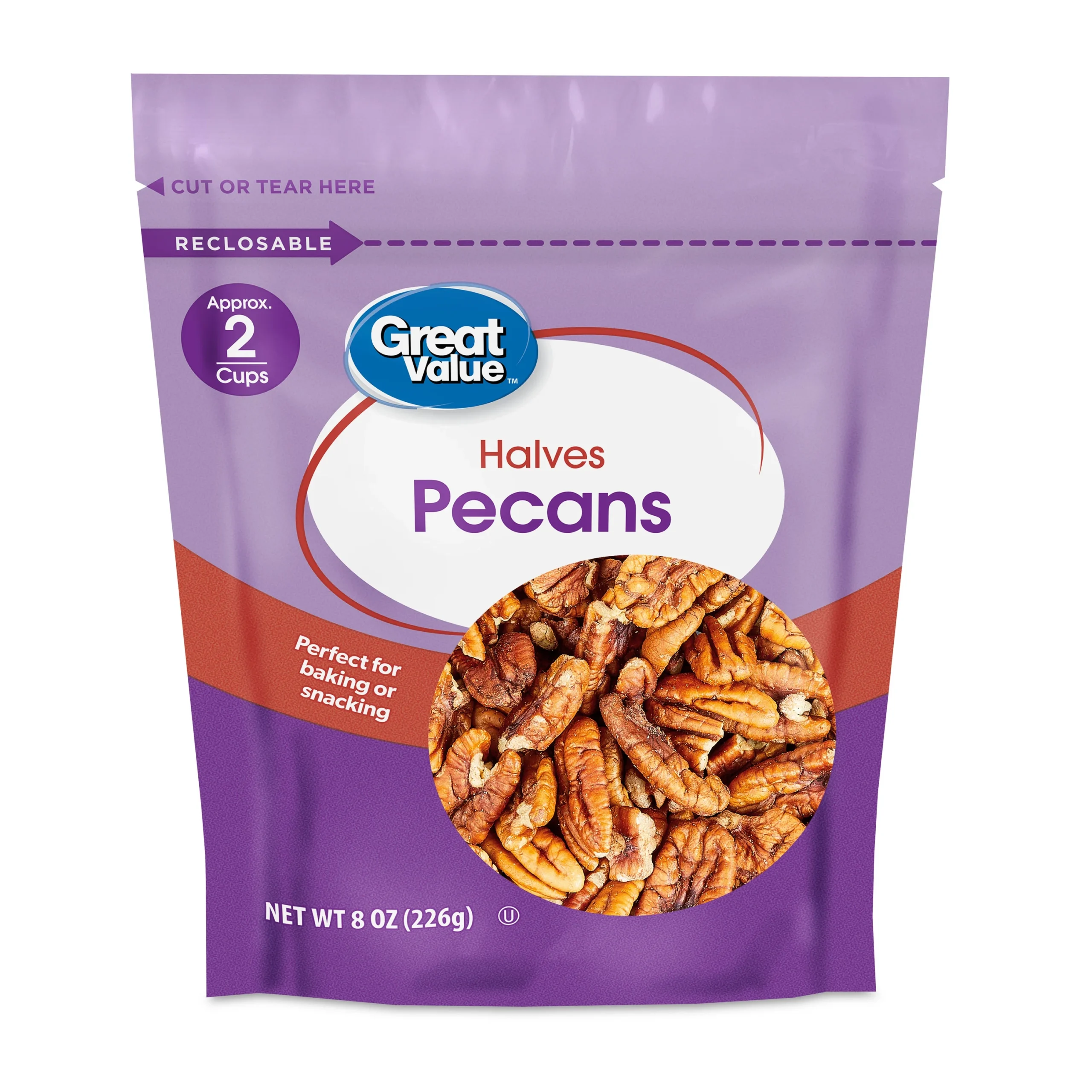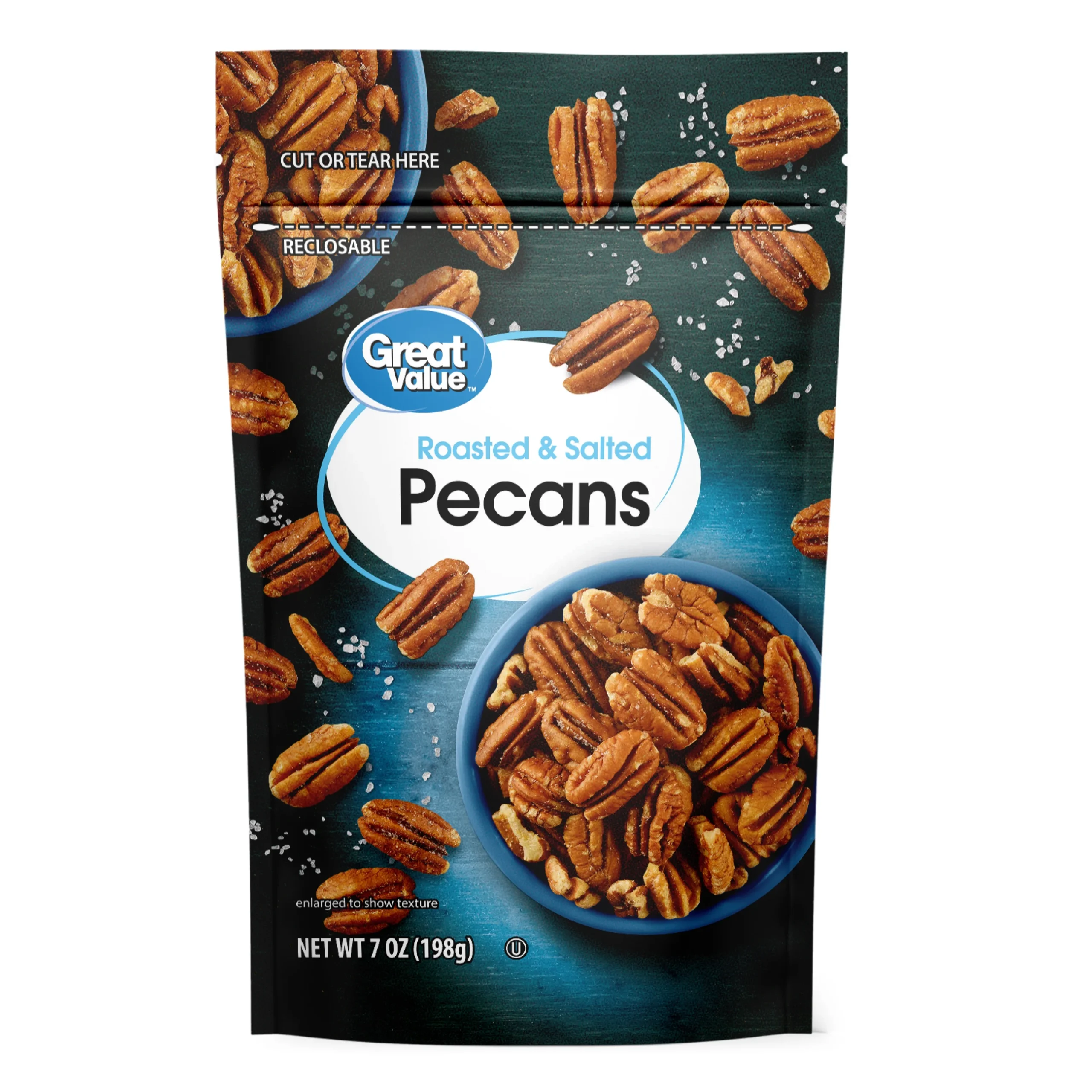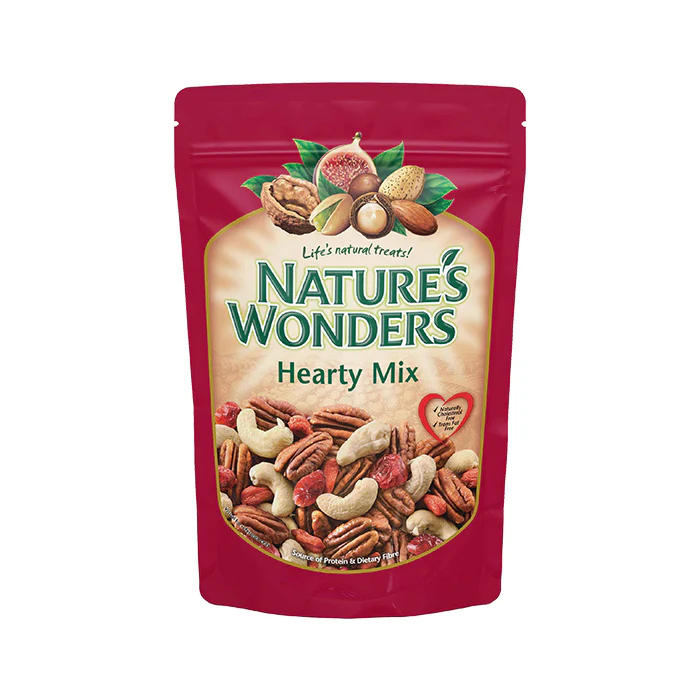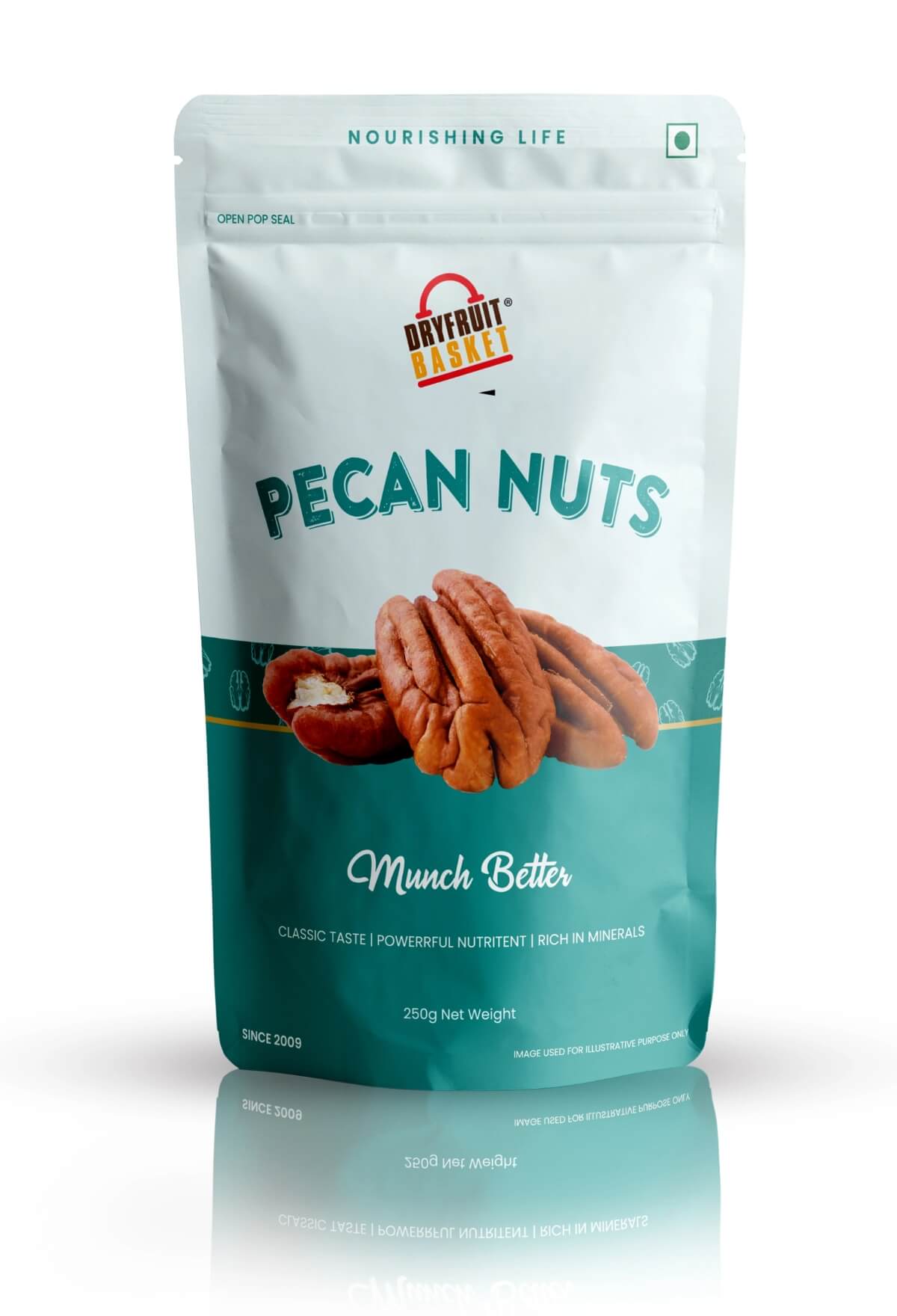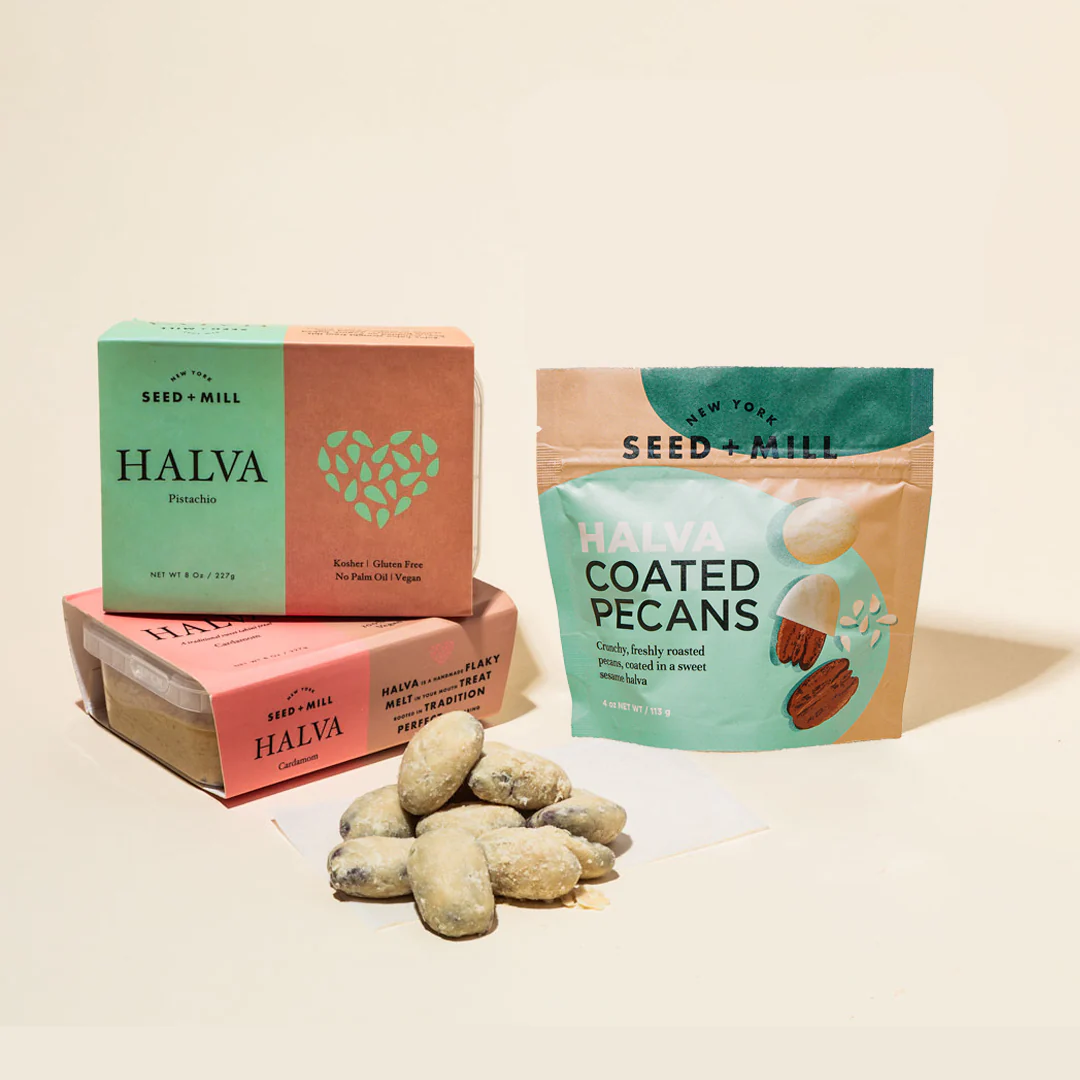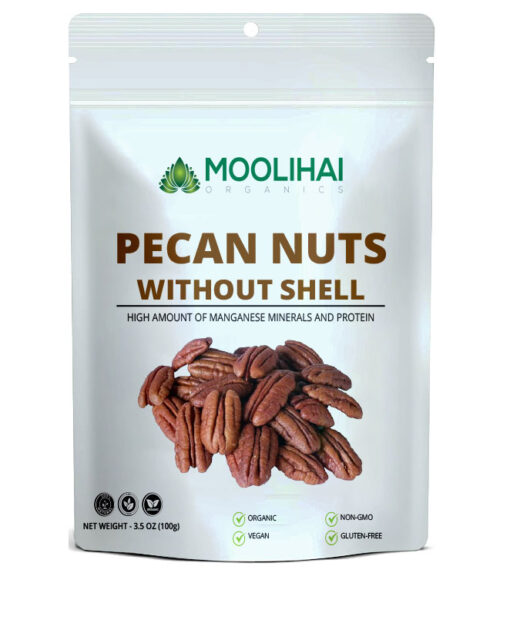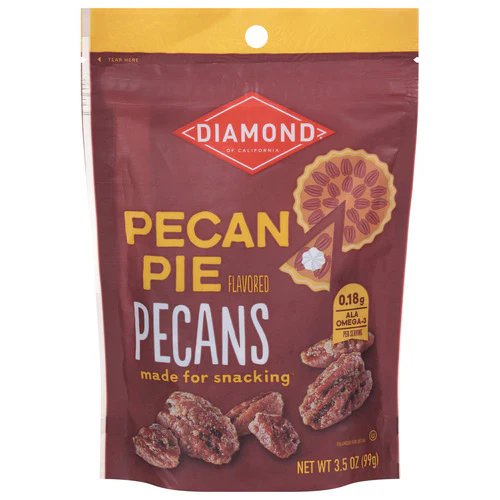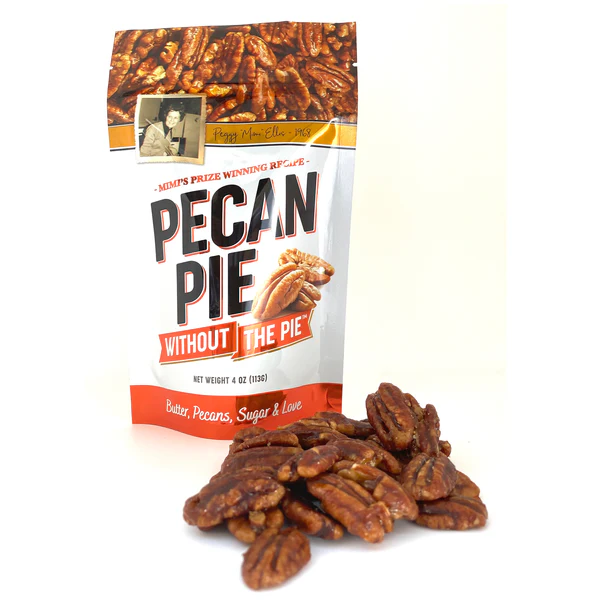Description
Pecans, native to the southern United States and northern Mexico, are not only a beloved nut but also a powerhouse of nutrition and flavor. Renowned for their rich, buttery taste and distinctive crunch, pecans are a versatile ingredient that can enhance both sweet and savory dishes. They are particularly famous for their role in traditional pecan pie, a staple dessert during Thanksgiving celebrations, but their culinary applications extend far beyond baking. From salads and granola to gourmet sauces and pastries, pecans add depth and richness to a myriad of recipes.
Nutritionally, pecans are a remarkable source of healthy fats, vitamins, and minerals. They are packed with antioxidants, which help combat oxidative stress and may reduce the risk of chronic diseases. High in monounsaturated fats, pecans can support heart health by promoting healthy cholesterol levels. Additionally, they contain essential nutrients such as magnesium, zinc, and vitamin E, contributing to overall well-being. Incorporating pecans into a balanced diet can offer a delicious way to boost nutrition without sacrificing taste.
Beyond their health benefits, pecans have a significant economic and cultural impact. The pecan industry plays a crucial role in the agricultural economy of the southern U.S., where groves stretch across vast landscapes. Harvesting and processing pecans is a labor-intensive endeavor, often involving family-run farms that pass down their traditions through generations. This connection to heritage not only highlights the importance of pecans in regional cuisine but also underscores their role in community identity and sustainability. As demand for nutritious snacks continues to rise, pecans are poised to remain a cherished nut, celebrated for their flavor, health benefits, and cultural significance.
